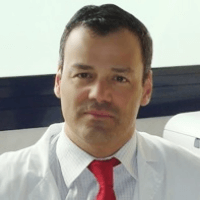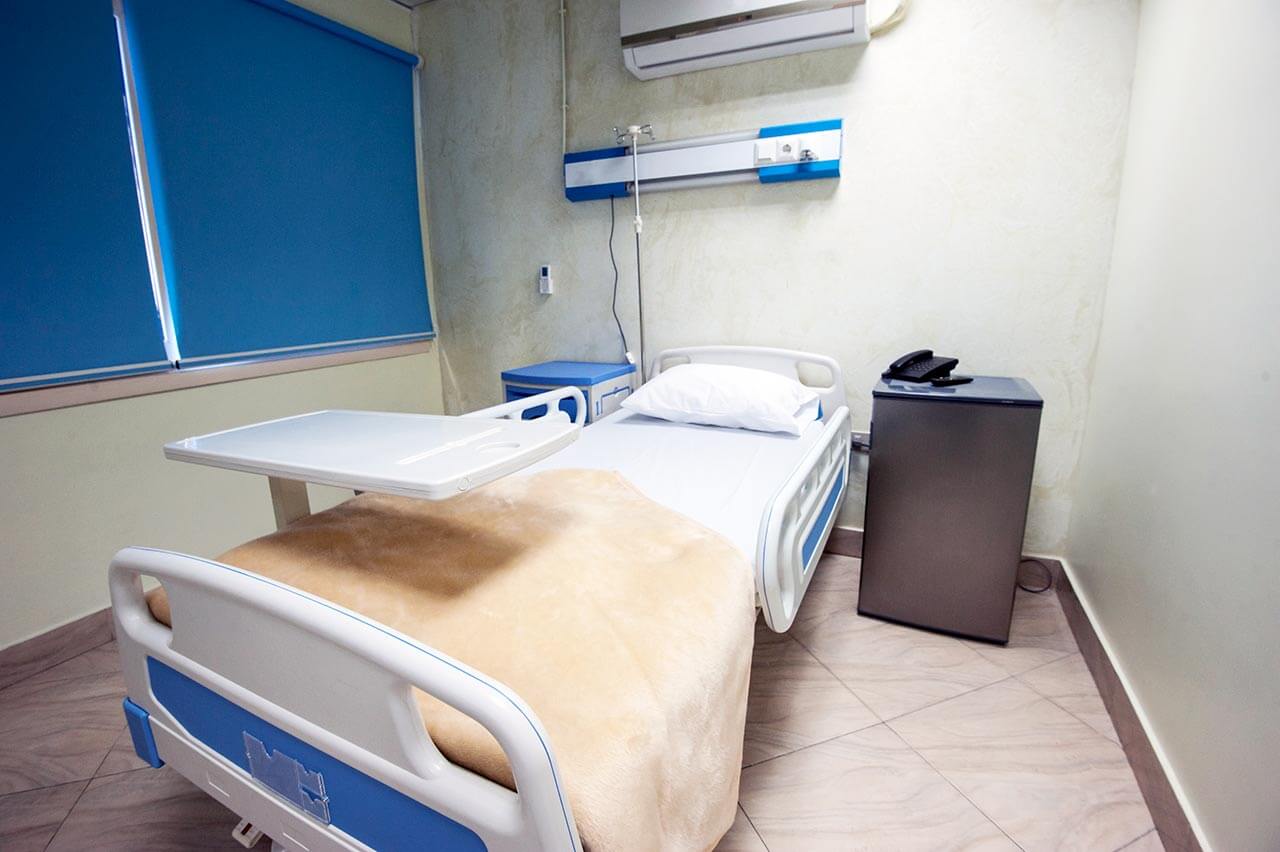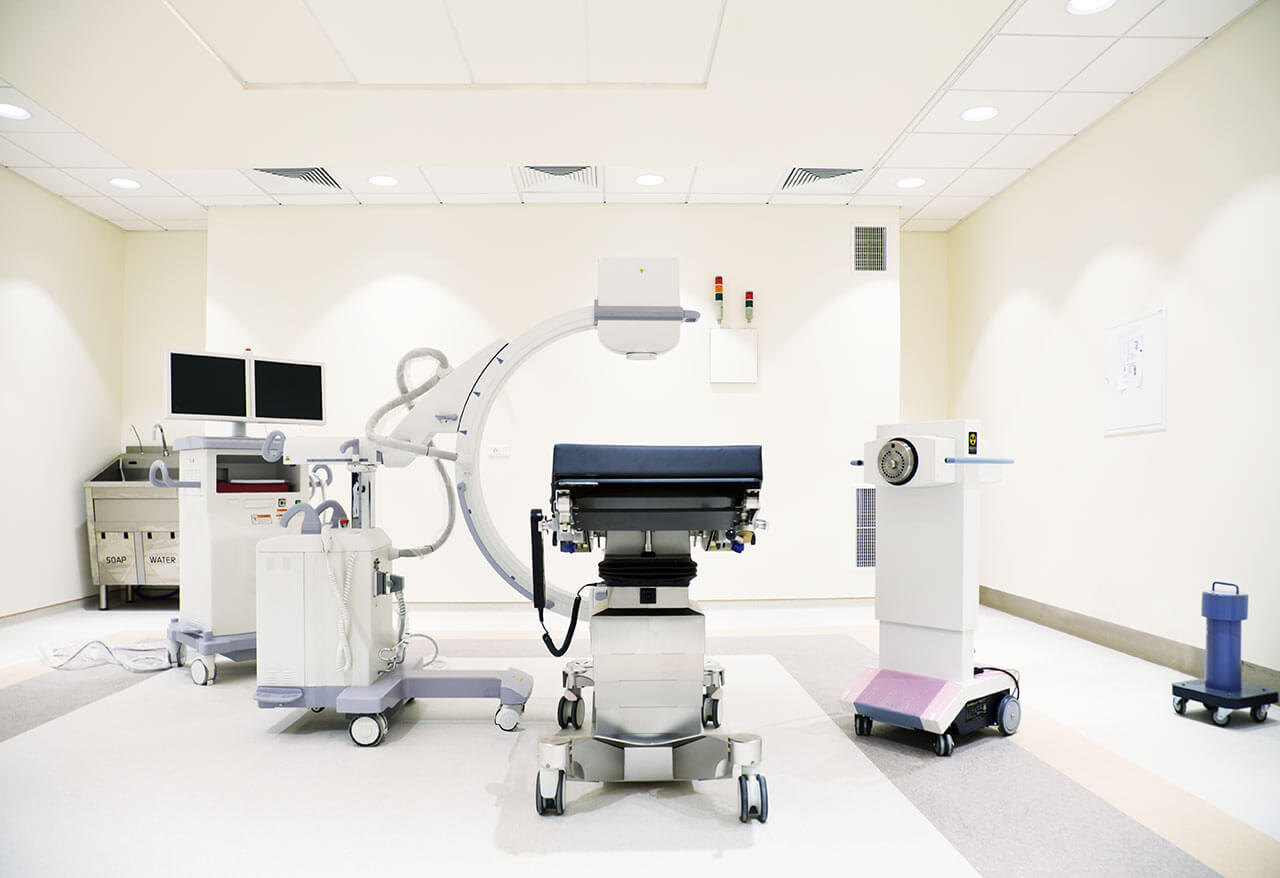
The program includes:
- Initial presentation in the clinic
- clinical history taking
- review of medical records
- physical examination
- laboratory tests:
- complete blood count
- general urine analysis
- biochemical analysis of blood
- inflammation indicators (CRP, ESR)
- indicators blood coagulation
- neurological examination
- functionality x-ray
- CT/MRI scan
- neuropsychological tests (on indications):
- ENMG (electroneuromyography)
- EEG (electroencephalography)
- SEPs (somatosensory evoked potentials)
- VEPs (visually evoked potentials)
- BAEP tests (brainstem auditory evoked potential)
- preoperative care
- empyema resection under neuronavigation
- blood transfusions (if needed)
- 1-day intensive care unit stay
- postoperative MRI control
- symptomatic treatment
- control examinations
- the cost of essential medicines and materials
- nursing services
- full hospital accommodation
- developing of further guidance
Required documents
- Medical records
- X-ray examination, MRI/CT scan (if available)
Service
You may also book:
 BookingHealth Price from:
BookingHealth Price from:
About the department
The Department of Neurosurgery at the University Hospital HM Monteprincipe Madrid offers the full range of modern surgical treatment of diseases of the nervous system. The department's neurosurgeons have rich experience and technical options for both simple routine and especially complex interventions on the brain and spinal cord. To achieve the best treatment results, there is maintained productive cooperation with the specialists in oncology, neurology and interventional neuroradiology. The Chief Physician of the department is Dr. med. Jorge Diamantopoulos Fernández.
The rich experience of the department's neurosurgeons and the progressive operating rooms allow for the interventions of varying degrees of complexity in brain tumors, pituitary tumors, epilepsy, Parkinson's disease, vascular malformations, functional neurological disorders, etc.
The state-of-art navigation systems and computer equipment in the department allow the surgeons to perform the most accurate manipulations, while preserving healthy tissue and vital functions of the nervous system. An impressive amount of money is allocated annually for updating medical equipment, so the patients receive high-quality treatment at the highest level. The department's medical staff regularly undergo advanced training courses, take part in medical conferences and congresses, thanks to which they get acquainted with the experience of colleagues and share their achievements.
The department is the first medical complex in Madrid and the second at the national level, which has PoleStar N30 iMRI with the StealthStation i7 integrated browser for intraoperative MRI. These integrated technologies, which are available only in four other European clinics and in nine clinics around the world, allow the department to hold leading positions in neuro-oncology in the European medical arena.
The use of PoleStar N30 iMRI is important when removing brain and spinal tumors. The research results demonstrate that when using this technology, the degree of tumor resection reaches 96% as compared to 68% using conventional methods. The frequency of repeated operations in tumor recurrence decreased by 35%-60% (depending on the type of tumor). This is especially important because the totality of tumor resection is the most significant prognostic factor in the duration and quality of life. The main advantages of the intraoperative tomography include real-time resection control, preservation of healthy tissues and nerve structures, as well as control of the displacement of brain structures during surgery.
The key areas of the department's clinical practice include:
- Interventions for complex tumors using intraoperative MRI and 5-ALA
- Deep brain stimulation
- Surgical treatment of cerebral aneurysms
- Artificial disc replacement
- Brachial plexus surgery
- Laminectomy for spinal stenosis
- Posterior spinal fusion
- Minimally invasive surgery of the cervical, thoracic and lumbar spine
- Microdiscectomy for herniated discs
- Peripheral nerve surgery
- Skull base and pituitary endoscopic surgery
- Functional surgery (Parkinson's disease, epilepsy)
- Vascular neurosurgery (vascular malformations)
- Other surgical options
Curriculum vitae
Education
- 1987 - 1993 Bachelor of Medicine and Surgery, Autonomous University of Madrid.
- United States Medical Licensing Examination (USMLE).
Professional Career
- 2007 Resident of the Department of Neurosurgery at the Anderson Clinic.
- 2005 - 2006 Resident of the Department of Neurosurgery at the Moncloa Hospital.
- 2002 - 2005 Neurosurgeon at the Moncloa Hospital.
- Neurosurgeon at the Hospital Beneficência Portuguesa de São Paulo.
Memberships in Professional Societies
- Spanish Society of Neurosurgery.
- Spanish Working Group on Vascular Surgery.
Photo of the doctor: (c) HM Hospitales
About hospital
The University Hospital HM Monteprincipe Madrid is rightfully recognized as one of the best and most advanced medical facilities in Madrid and throughout the whole country. The hospital was opened in 1998 and in a short time has become a worthy example of top-class medical services. The hospital is part of the HM Hospitales Group, which includes 6 general hospitals and 3 multidisciplinary medical centers specializing in oncology, cardiology and neurology. The hospital provides round-the-clock patient care with individualized comprehensive treatment, including intensive care and emergency medical services.
The basis of successful clinical practice is the availability of innovative medical equipment, which allows the doctors to perform highly accurate diagnostics and sparing treatment even in the most complex clinical cases. Obviously, the exceptional professionalism of the entire team of doctors, nursing staff and administrative personnel also plays an important role.
The hospital deals with the diagnostics and treatment of patients of all age groups – children, adults and the elderly people. The specialists of the hospital care not only about the quality of the medical services provided, but also about the emotional state of their patients, their determination for a favorable treatment outcome.
It is worth noting that the hospital was the first private medical facility in Spain, which received the prestigious international ISO 9001: 2008 certification for the excellent quality of medical services.
Photo: (c) depositphotos
Accommodation in hospital
Patients rooms
The patients of the University Hospital HM Monteprincipe Madrid live in comfortable rooms with an ensuite bathroom. The standard patient room includes an automatically adjustable bed, a bedside table, a wardrobe, a table and chair, a TV and a telephone. The hospital also has enhanced-comfort rooms.
The patient rooms in the departments for children are made in the appropriate design in order to make the stay of young patients as comfortable as possible. The departments for children also include well-equipped play areas with a large selection of games and toys, as well as a music therapy room.
Meals and Menus
The patient and his accompanying person can choose one of three meals a day. If for some reason you do not eat all the foods, you will be offered an individual menu. Please inform the medical staff about your food preferences prior to treatment.
Further details
Standard rooms include:
Hotel
You may stay at the hotel of your choice during the outpatient program. Our manager will help you choose the best option.




